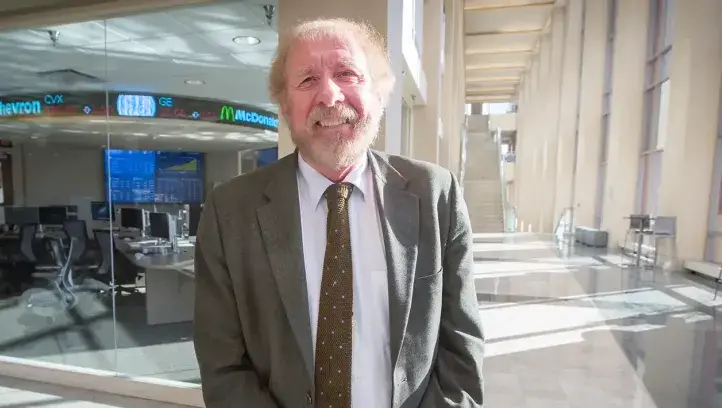
Faculty collaborate to study dreams, emotions and knowledge

Three Creighton professors — of English, psychological science and history — are combining forces to investigate questions of human nature and motivation that reach beyond the limits of ordinary rationality.
The role of dreams, emotion and cultural approaches cemented through centuries of practice are guiding their efforts to understand how personal and community character is formed. The goal is to distill their three areas of expertise into a published academic paper to be titled “Beyond the Rational.”
Funded by a grant from Creighton’s Kingfisher Institute, the research team includes Britta McEwen, PhD, associate professor of history, Surbhi Malik, PhD, associate professor of English, and Jill Brown, PhD, professor of psychological science.
“Each of us is bringing to the table aspects of our disciplines that have been somewhat marginalized,” McEwen says. “We are asking whether there are concepts that can’t be seen or appreciated when we privilege the rational.
“Have we lost something in ourselves and in our cultures by relying so heavily on the rational? I’m so happy to live in a world bequeathed to me by the Enlightenment, a world of advanced science and of contractual government. I’m not complaining; I’m only wondering if, together with my friends who are trained in other disciplines, we might think of ways to express what has been lost.”
The history of emotions will shape McEwen’s contribution, while Malik will investigate the roles of the senses and other less empirical aspects of human life. Brown will bring expertise in dreams and the phenomenon of synchronicity in which events appear to be related despite having no discernible connection.
The project came about serendipitously, Malik says, as the professors were independently working in similar directions and decided to form a team when their common purpose became apparent.
McEwen’s focus on emotions, Malik’s focus on identity and meaning, along with Brown’s interest in culture and human development offered an ideal trifecta, Malik says.
At the root, she says, the three professors are investigating how knowledge might be broadened in ways that recognize the breadth of human cultures.
“That is the base of what we are investigating,” Malik says. “What kind of human beings are we? What kinds of knowledge do we produce when we pursue forms of knowledge that are very narrow?
“If we consider intangibles, we are able to produce very different kinds of knowledge, a more capacious knowledge. What did it mean to be human at a particular time in history? What does it mean today?”
If the project succeeds, Malik says, the research team will have identified ways to imagine humanity in different ways.
“Do dreams play a role in the ways stories are told, and if we analyze these stories, what do they tell us differently?” she says. “Does thinking about senses help us imagine different forms of knowing, different ways of understanding people on the margins who tend to be dehumanized in our public discourse.”
Brown says she is intrigued at the possibilities of rummaging around “the edges of rational academic inquiry” to see what might be unearthed.
“In a very empiricist paradigm, space has been removed for meaning and knowledge that is not testable through ‘scientific’ inquiry,” she says.
“Personal intuitions, dreams, feelings are often regarded as anecdotal but not generalizable. As generalizable knowledge has become so important, more subtle ways of knowing are often lost.
“Our project is a collaboration across disciplines to explore these other ways of knowing found in the work of scholars, and to then explore independently and together among the three of us how these alternative ways of knowing appear in our lives and work.”




